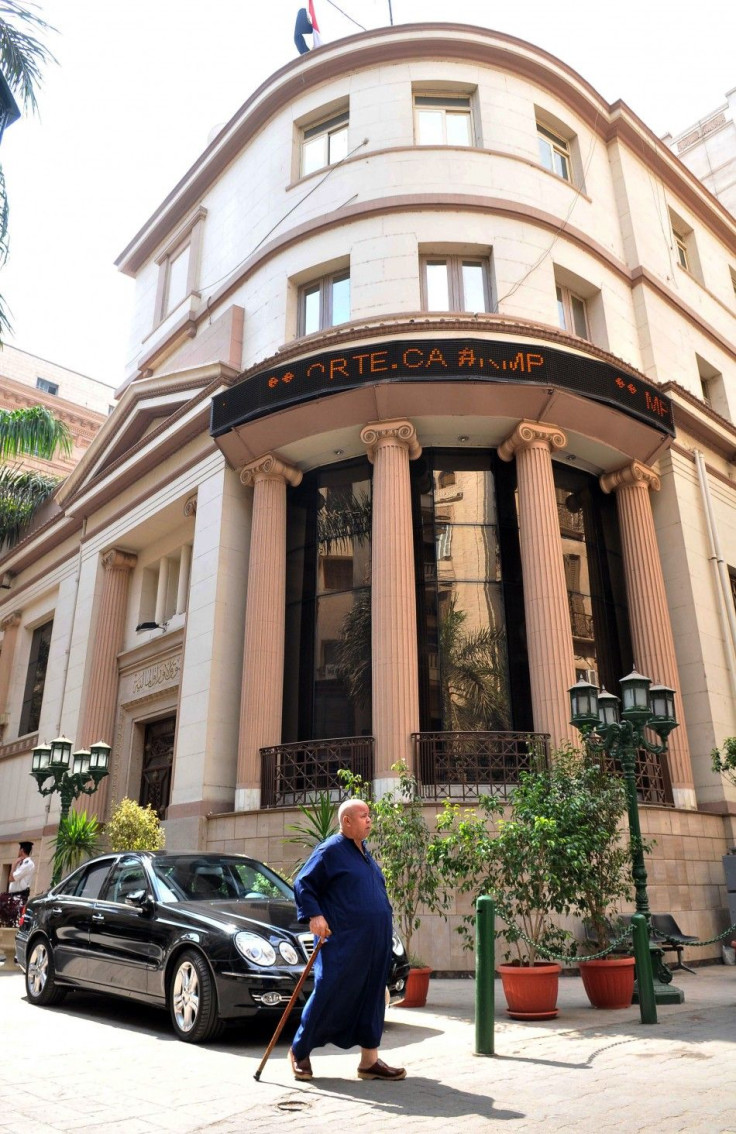Re-opening of Egypt stock market again postponed

The Egyptian stock market, which has been closed since January 28 amidst civil unrest in the country, will not re-open until at least Sunday, February 20, state-controlled television reported.
It was previously reported by state television that the exchange was to open this Wednesday, February 16.
On the last day it traded (January 27), the Cairo exchange plunged 10 percent, losing 12-billion dollars in value.
“Like a circuit breaker, the Egyptians are smart,” said Richard Kang, chief investment officer & director of research at Emerging Global Advisors LLC.
“Let the positive impact of recent days settle in. Given the market volatility over past weeks, they’re interested in cooling things down in terms of ongoing volatility.”
Kang said that the Egyptian market authorities may want to see how some the exchanges big names, like Orascom Construction and Orascom Telecom do in global markets. (These names trades on the London Stock Exchange, for example).
“[The stock market] should remain closed,” Ahmad Wahid of brokerage Naeeem Holding told reporters.
Wahid pointed out that there is much uncertainty about the new government’s economic policies, particularly with respect to subsidies – the former regime under Mubarak subsidized fuel and other costs for many Egyptian firms,
“How can companies build investment strategies on something vague?” he said. “The president is gone, so who’s next in charge? The military? That is not a good sign and foreign investors are afraid of the Muslim Brotherhood because they have the impression that they are extremists. Investors will raise all these questions. Next week will be a little bit tricky until we know what will happen to the country and who will hold the ministry.”
Anytime the military takes over there is a concern, Kang noted. “This is a time where the military is saying and doing exactly what one would hope,” he said.
“They are only a transition until a process for meaningful democracy is in place. It’s almost too good to be true but it is looking really good. Thus, the fears of the markets have swung like a pendulum in the other direction.”
Foreign investors will also likely worry about the fate of Egypt’s peace treaty with Israel (in effect for more than 30 years).
Kang added that for emerging market investors (where volatility is the norm), a change in power presents another uncertainty.
“This will require observation,” he noted.
“Will the high unemployment (especially among the youth) in places like Yemen be such a concern that the events in Tunis and Cairo will spread to other parts of the Arab world. The [Middle East-North Africa] MENA region does not have that many large names in the global capital markets nor do they trade with the western world to the extent that China or Brazil does. But the concerns of proximity to oil markets will be ongoing concern. Investors need to be precise on how they implement strategies while in the realm of emerging markets.”
© Copyright IBTimes 2024. All rights reserved.





















